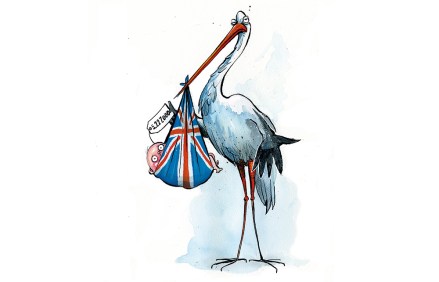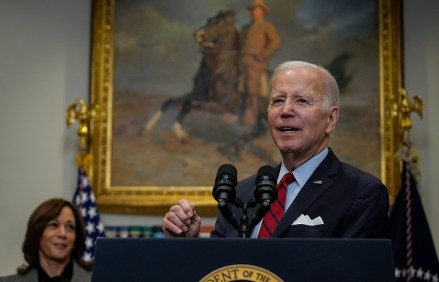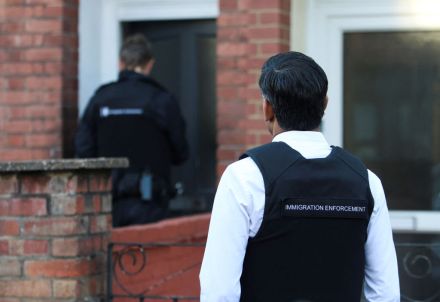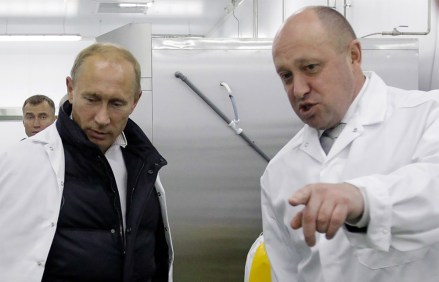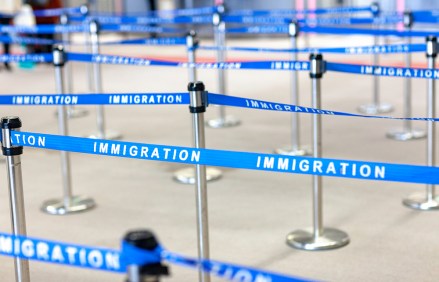British families deserve a tax break
I am delighted to report that some £800,000 of taxpayers’ money is to be spent ‘remediating’ the works of Robert Louis Stevenson to show what a racist bastard he was. 70 per cent of Irish mums say they would stay at home to look after their kids if given the opportunity I assume the decision was taken because, as a nation, we are absolutely awash with cash at the moment and need somewhere to dispense of it. This project, funded by the quango UK Research and Innovation (UKRI), will be carried out at Edinburgh University. I hope that, aside from clobbering Stevenson for having been born during a different time
